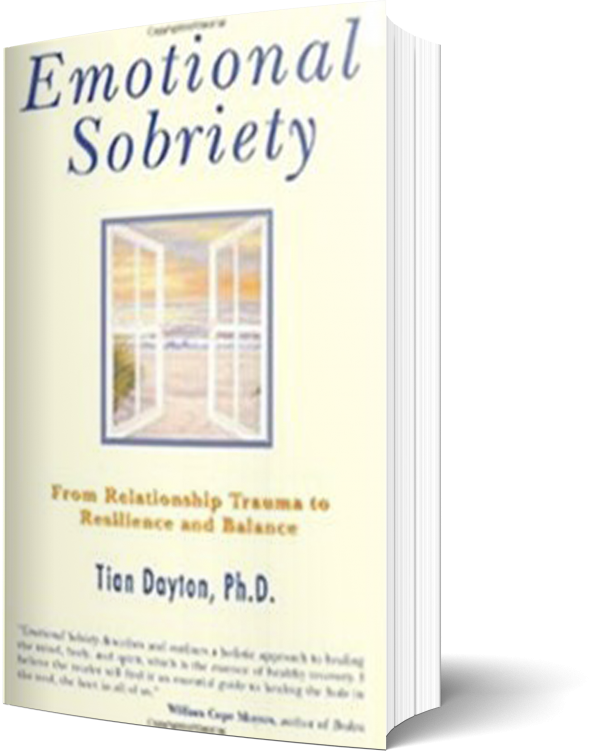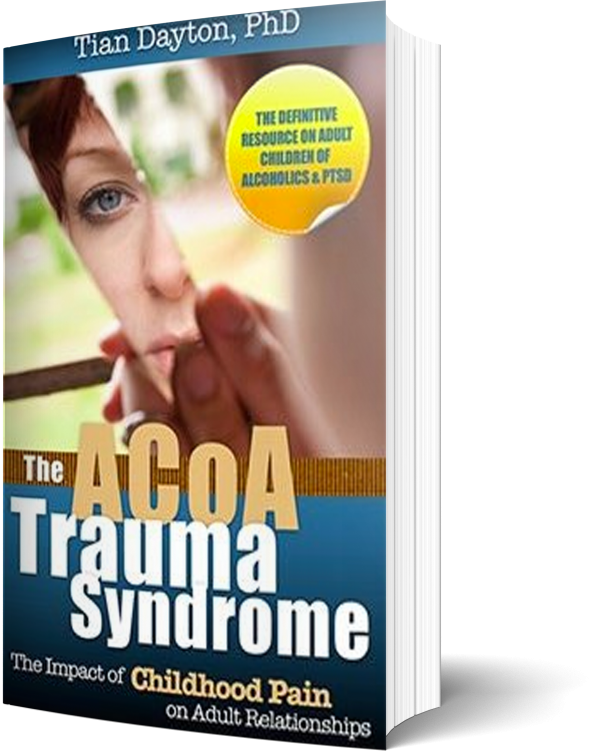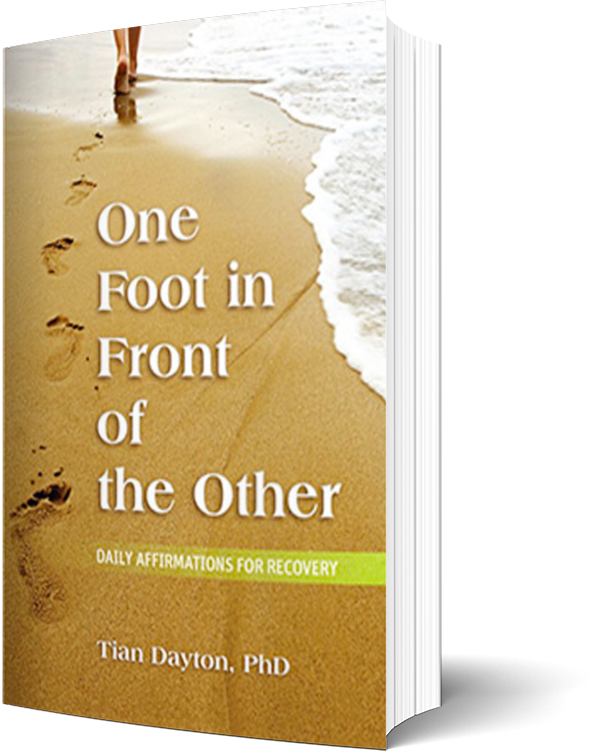Does it get Elliot Spitzer off the hook if we call him a sex addict as many fear it might? Are we becoming so overly health conscious that we are calling every out of control, abusive or salacious behavior an addiction? Or is sexual addiction a serious disease on the rise?
Who blows up a career that is going great guns, a long term marriage with, by all accounts, a wonderful woman, a family that he loves…..to say nothing of his own honor, peace of mind and future who does not have a deep, tenacious problem that renders him a blind fool? And, by the way, who wants to be publicly known as a sex addict, someone who basically cannot control his own exploitative behaviors, who seeks out porn and prostitutes as a way of “feeling good”, who is pictured by those from whom he wants respect and love as a creepy guy who does all sorts of creepy things, who puts his entire life at risk because he cannot stick to the moral code that he publicly upholds?
Many sex addicts feel like frauds and freaks. They lead double lives. One life they are proud to show in public, another, secret life that they feel both tantalized and deeply ashamed of. Elliot Spitzer is probably one of them.
Addiction can make both the best and the worst among us grandiose and blind. The addict feels somehow bullet proof. Their thinking becomes so twisted with chronic lying, sneaking, and bending reality to suit their needs and desire that they truly imagine that they are getting away with something and that they will continue to do so. And for a while, even a long time, they generally do. They are grandiose; medicating their own insecurity, anxiety, and fears of fraudulence with substances or behaviors that take away — albeit it temporarily — feelings that they cannot bear to feel. And they have a primary relationship with their addictive substance or behavior that they will do anything, lose anything, risk anything to maintain.
Why do so many people feel that calling Spitzer (or for that matter a host of other politicians) a sex addict, getting him treatment, and helping to rehabilitate him is letting him off the hook?
What is Sexual Addiction Anyway?
Sexual addiction represents a compulsion to engage in sexual activity, in such that the ability to moderate, manage or stop is lost.
With sexual addiction, adverse consequences such as a loss of health, job, marriage or personal freedom may become part of an addictive pattern.
High risk behavior is part of the pattern, as is secrecy and lying. The compulsion becomes a vicious circle; the addict needs to use and abuse to get that high or in control feeling (as they feel low and out of control without it), they create terrible life and relationship complications that make them feel anxious, ashamed, and bad about themselves, then they need increasing amounts of their addictive substance or behavior to “manage” (read: medicate/eradicate) their ever increasing pool of pain and shame.
Welcome to the world of the addict.
The sex addict becomes obsessed with continuing their behavior no matter what the cost. They require increasing amounts of their behavior to satisfy themselves. Like any addict, they develop “tolerance”; they need ever escalating levels of stimulus to get the same “kick” or self medicating effect as the disease progresses.
Adrenaline is — amazingly — as addictive to the brain as heroine, so risky or intense behaviors can become very addictive. Even chronic raging or over working can fall into this category. Unlike what the public may perceive as enjoying their elicit behavior, more often the sex addict feels deep shame after engaging in activities that often violate their own moral standards.
Sex is a drug. Sex addicts, like any addicts, need rigorous treatment and lifestyle changes. Addiction does not get better on its own. Just as alcoholics were once seen as the dregs of society, as morally weak people who just didn’t care….sex addicts are seen as low-lifes. Let’s face it, society is grossed out. And, well, we should be. The behavior is sickening, hurtful, and has to stop. But that needn’t be the end of the story. We needn’t throw away good people because they have a bad problem. If we can rehabilitate criminals, why not addicts?
Among my colleagues in the addictions field there’s an informal discussion…we are all seeing more sexual addiction than we have ever seen before. Anecdotally many feel that the internet has made gratifying borderline sexual behaviors so easily accessible that it is giving rise to a new generation of people who are turning to secret sexual activities to self-gratify and self-medicate. Sexual addiction goes to the top of our political ladder and, if it were out in the open, would be found at the top (and the bottom) of many of our most cherished professions, from clergy to CEOs.
Sexual addiction is all too common…Maybe it’s time for the discussion to move from the tabloids to the public health section?





